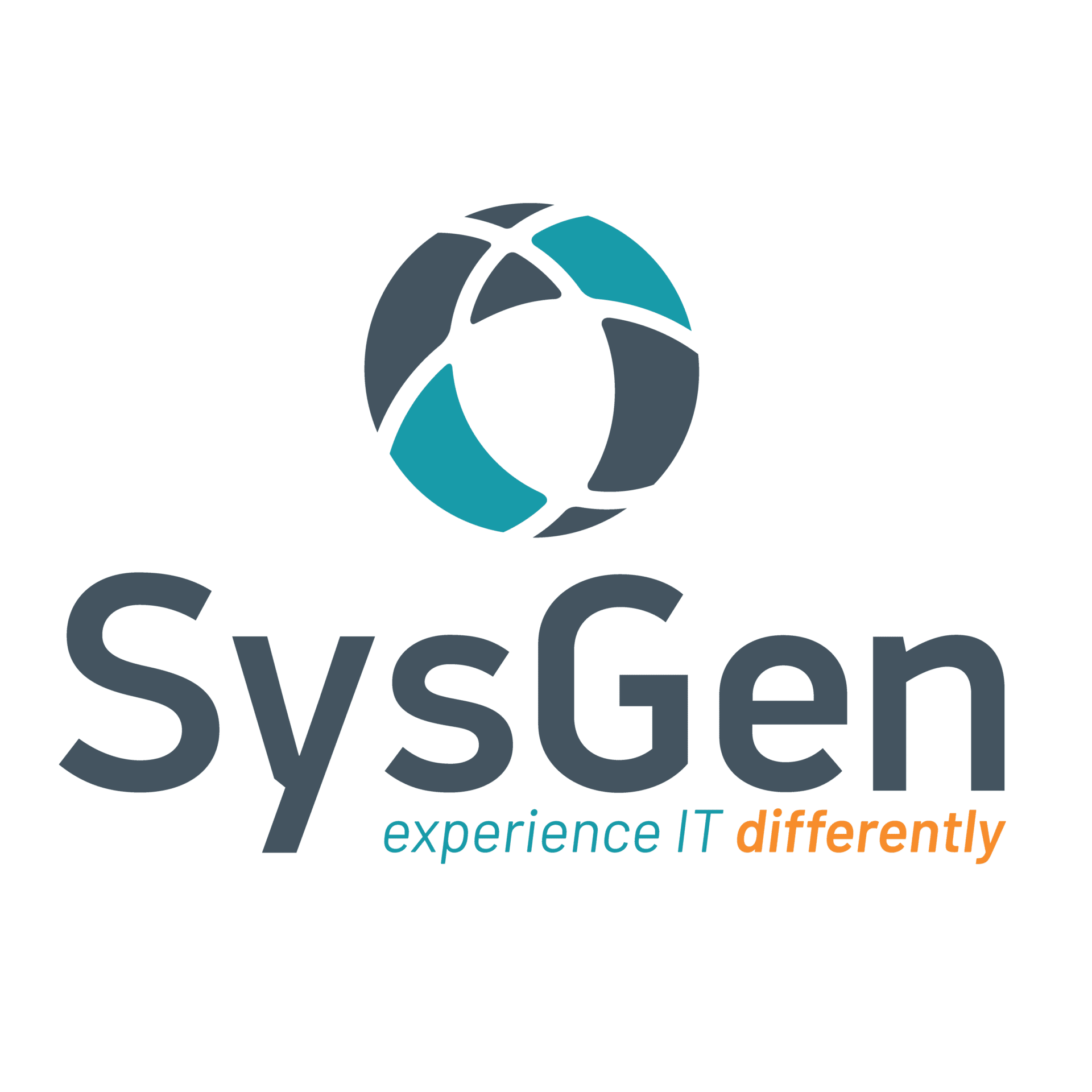It’s your first morning task, even before your first cup of coffee. Without it, you’re disconnected from the office, friends, family, and your daily schedule. It’s the email: your connection to the surrounding world.
With over 293 billion emails sent each day, email has become much more than online communication: it’s a link to every aspect of your life. Email used to be a basic way to keep in touch with work, family, and friends. But now, email has become part of the mass movement of devices online with the Internet of Things.
You’re no longer required to be at the office to work on projects with your team, go home to check on your house security, or visit the mechanic to get a car checkup: email can do all of that for you. With new functions such as voice to text, and the ability to communicate with your car system and home security, email is a way of automating life.
With the rapid development of this form of technology, how should your business use exchange for optimal operation?
The biggest decision your business will make when deciding on an exchange solution is whether to choose a cloud or private exchange provider. If you read our previous blog post on the pros and cons of cloud vs. in-house servers, you know that choosing between cloud and in-house options is not a black-and-white decision.
Here are three things to think about when deciding between cloud and private email solutions:
1. How much control does your business need over data?
With cloud-based email, your business gives up control to a third party to manage data offsite. This means the provider takes care of data storage and backup, which is a benefit if your company doesn’t have the internal expertise to manage this information. However, if exchange issues arise, you’ll need to submit a ticket to your third party provider to get assistance on their terms and timeline.
With private email, your company maintains control over its data. However, this means that in-house IT support and expertise to manage and backup company information are required. In addition, your business must have the ability to take on overhead costs to host this service internally. The bonus is that no tickets or help desk are necessary when email issues arise; these can be solved internally on your time and terms.
2. What kind of costs can your business handle?
When considering the cost for exchange provider options, it’s important to look at your company budget and the number of employees. Generally, for small to medium-sized businesses, cloud email is the more economic option while for large businesses, a private exchange is the less expensive of the two. Businesses also need to examine the resources at hand, such as IT support and level of expertise. If you don’t have the in-house IT knowledge or people power, the cost to host an internal server will be much higher than it appears on paper.
3. How important is collaboration in your workplace?
With a cloud exchange, email is separate from your private infrastructure. This means that your ability to email and connect with your colleagues continues through the internet if the internal server fails. In contrast, a private exchange is built into the internal infrastructure, making workplace collaboration completely dependent on the internal connection. If the internal server goes down, so does email.
A benefit of hosting your own email is that messages are sent within the office, making the transfer a little quicker than with the cloud. With a cloud exchange, emails are sent outside the office for storage and are then brought back inside to the recipient’s inbox, slowing down exchange speed. In addition to swift email transfer, private exchange offers settings to enhance workplace collaboration, such as setting custom email sending size and security restrictions. These settings are unique to private exchange and represent a glaring contrast to the one size fits all approach of cloud-based exchange.
Email used to be a simple system to send messages over the internet instead of through the mail. Since its creation in 1971, email has been quietly taking over many aspects of your daily life such as car check-ups, home security monitoring, and company collaboration; it’s become a way of automating life.
Whether your business decides to use a private or cloud exchange, it’s important to understand the upsides and downsides of each exchange solution. Your unique business and day-to-day operations will determine which exchange is best for you. With the rapid development of this form of technology and the Internet of Things happening before your eyes, how will your business use email for optimal performance?
Find SysGen’s IT support and managed IT services in Calgary, Edmonton, Red Deer, Vernon, and Kelowna. Learn more about SysGen’s cloud offering, cybersecurity services, and digital advisory team by clicking here.
Contact Us To Find Out More



